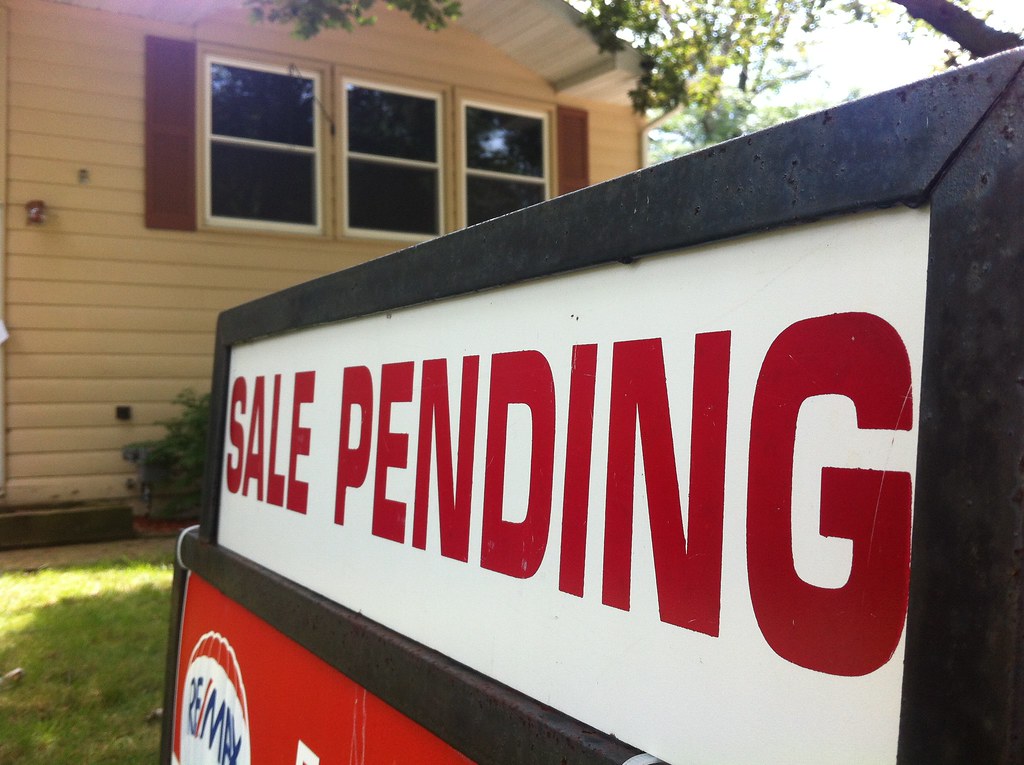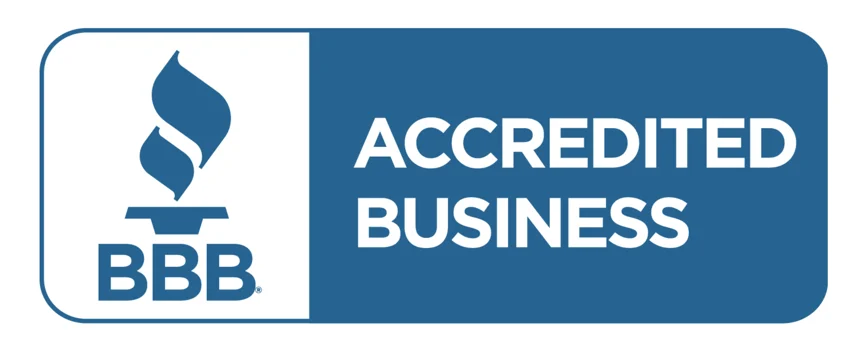If you’re looking for new opportunities to invest in real estate, West Michigan has some of the fastest-growing real estate markets in the country. Michigan is already on many investors’ radar because of the low cost of living, competitive housing market and low vacancy rates.
A Grand Opportunity
The city in Michigan with the highest investment value right now is Grand Rapids. It’s the second-largest city in the state with a population of about 200,000. Many view it as the most promising city in Michigan.
Grand Rapids has a strong economy and low unemployment rate, which draws people in from surrounding areas. It also has a growing student population which pertains to several colleges in the area.
The young people are staying in the city after graduating, buying homes with a stable income from a healthy job market. Property values have been steadily rising in recent years and are projected to grow at least at the rate of inflation for the next few years.
Typically, homes receive two offers and are sold in about two weeks. This positive return on West Michigan real estate investment is hard to pass up.
Competition is extremely high for prospective buyers and investors. Most residents of Grand Rapids are homeowners, not renters. Those who are renting are reluctant to end their leases, meaning less turn-over in rentable properties.
Currently, the trend is to flip older houses and turn them into multi-family rentals, rather than build high rises or condominiums. It is still a seller’s market, meaning there are more buyers than there are homes to sell them.
Rising Stars of West Michigan Real Estate
Many towns surrounding Grand Rapids are showing similar growth patterns, making them equally lucrative investment sites, possibly without the intense competition. East Grand Rapids and Kentwood are developing quickly. As prices rise in Grand Rapids, residents will be moving outward to find available homes with a short commute. These communities boast excellent schools and are attracting many young families.
Also, Michigan is still home to much undeveloped land, and as more people flock to centers of industry and community, suburbs will need to be expanded.
This land is typically very economical and is generally ready to build, thanks to Michigan’s malleable landscape and consistent elevation. What’s special about Michigan is the dedication of its residents to their small communities.
Developments not only capitalize on this cultural need, but serve the people by bringing them together and creating neighborhoods where they can connect.
Bright and Brighter
What are continuing to be solid real estate investments are properties along the shore of Lake Michigan in cities like Grand Haven, Holland and further north in Traverse City. Second homes and vacation rentals don’t stay on the market long and appreciate well over time.
Lake Michigan properties are increasing in popularity for the purpose of retirement. Grand Haven has a very active community and walkable plan.
Combined with its proximity to the beach, it is a very popular spot to settle for older residents. Grand Haven has a healthy population of year-round residents, so activity doesn’t stop in the colder months. Homes in this area are still increasing in value and make for lucrative investment properties.

The Future is in West Michigan Real Estate
Now is the time to get in on the ground floor before the market opens up and prices skyrocket. Working with local real estate investment companies that specialize in serving their communities would give anyone an edge in those markets.
An investment in returning older homes to their former glory — especially those homes that have an existing hold in growing communities — can provide you with the return you need, while helping restore our West Michigan neighborhoods for the larger community. A partnership between a keen investor and a knowledgeable development company would be fruitful for all parties.
West Michigan is one of the fastest-growing regions of the country and its real estate market is ripe for investment. For attractive real estate investment opportunities, talk to the team at Hometown Development — we’d love to work with you! Leave us a message online, or give our office a call at 616-379-3077.









